Search
Search within Ethiopia
15 results found
Briefing
Key Considerations: Social, Structural and Community Dynamics of Cholera Transmission and Mortality in Ethiopia
The current cholera outbreak in the Federal Democratic Republic of Ethiopia began in August 2022. As of April 2024, active outbreaks had been recorded in most regions of the country, including: Amhara; Dire Dawa; Harari; Oromia; Southern Nations, Nationalities and…
Briefing
Information Preparedness and Community Engagement for El Niño in the Eastern and Southern Africa Region frptes
El Niño can be viewed as a multi-hazard event, and considerations for information needs cut across different populations and risks, including direct weather-related hazards, reduced agricultural production, greater food insecurity and malnutrition, increased transmission of infectious diseases and effects on…
Report
WHO Multi-country outbreak of cholera, External situation report #1
This report summarises the current status of the cholera outbreak across 24 countries that are reporting cases. WHO has assessed the global risk level as very high.
Briefings
Roundtable Report: Health and Food Insecurity Crisis in the Greater Horn of Africa. Session 1 – Regional Focus. September 2022
SSHAP convened and hosted a virtual roundtable discussion with partners engaged at the regional level response of the health and food insecurity crisis in the Greater Horn of Africa region. The objective was to discuss the critical needs for the…
Briefings
Key Considerations: Social Science Perspectives for Emergency Response to the Conflict in Northern Ethiopia am
Ethiopia is currently experiencing several intersecting humanitarian crises including conflict, climatic shocks, COVID-19, desert locust infestation and more, affecting nearly 30 million people. This brief outlines important contextual factors and social impacts of the Northern Ethiopian crisis and offers key…
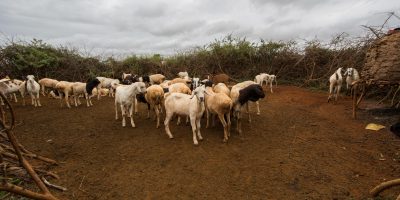
Journal Article
COVID-19 and pastoralism: reflections from three continents
How have COVID-19 disease control measures affected mobility and production practices, marketing opportunities, land control, labour relations, local community support and socio-political relations with the state and other settled agrarian or urban populations? This article reflects on five diverse cases…
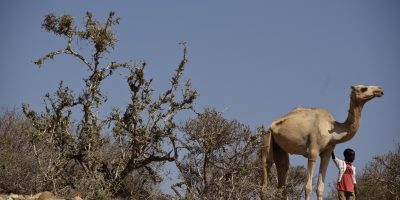
Evidence Reviews
Camel Milk, Amoxicillin, and a Prayer: Medical Pluralism and Medical Humanitarian Aid in the Somali Region of Ethiopia
This paper details how exposure to new clinics, diagnostic technologies, and pharmaceuticals during humanitarian relief operations in the Somali Region of Ethiopia shaped local pluralistic health systems and altered the ways in which residents subsequently conceived of and treated illness…
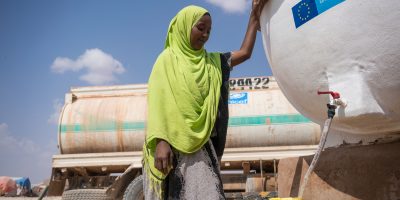
Briefings
Guidance Note 1: Contextual Factors and Risks to Cholera/AWD Transmission in Somalia and the Somali Region of Ethiopia
The purpose of this guidance note is to support UNICEF staff in understanding the contextual factors (the practices, behaviours, social norms and wider factors) that shape risks of cholera transmission, being able to separate the social and cultural factors from…
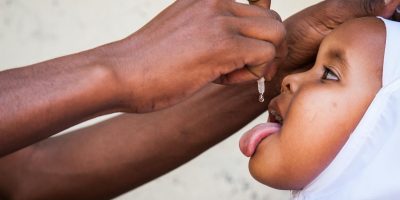
Briefings
Guidance Note 2: Seeking Treatment for Cholera in Somalia and the Somali Region of Ethiopia: Contextual Factors
The purpose of this guidance note is to support UNICEF staff in understanding the contextual factors (the practices, behaviours, social norms and wider factors) that shape risks of cholera transmission, being able to separate the social and cultural factors from…

Evidence Reviews
Contextual Factors Shaping Cholera Transmission and Treatment-Seeking in Somalia and the Somali Region of Ethiopia
The drought in the Horn of Africa and the protracted conflict has created a humanitarian emergency that has led to a declaration of famine in several regions of Somalia and the Somali region of Ethiopia. As a result of depleted…
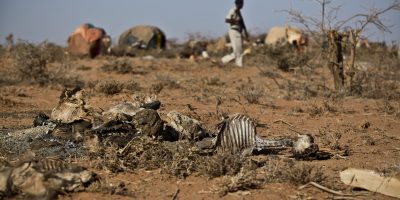
Briefings
Assessing Drought Displacement Risk for Kenyan, Ethiopian and Somali Pastoralists
This study represents an initial attempt to assess patterns of displacement related to droughts in selected countries of the Horn of Africa, specifically the border regions of Kenya, Ethiopia and Somalia. The study explores several scenarios to identify potential impacts…
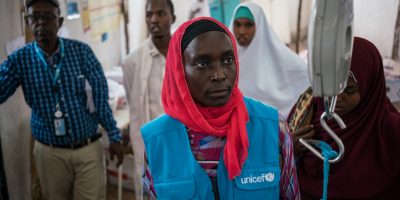
Evidence Reviews
The Aftermath of Aid: Medical Insecurity in the Northern Somali Region of Ethiopia
This dissertation explores the lasting effects of recurrent temporary medical humanitarian operations through ethnographic research in communities, clinical facilities, nongovernmental aid organizations, and governmental bureaucracies in the northern Somali Region of Ethiopia.


